Given the current political climate in Malaysia, many have resorted to protest to express their dissatisfaction with the government and their policies.
Last night, 31 activists were forcefully dragged and arrested by PDRM during a peaceful vigil at Dataran Merdeka. To no one’s surprise, the incident made headlines.
But do Malaysians have the right to protest?
The simple answer; Yes.
In Malaysia, there is an act called the Peaceful Assembly Act 2012. If you’re a Malaysian participating in a protest or any future assemblies, it’s advisable for you to know and understand the rights under this act and what the police can or cannot do.
What is the Peaceful Assembly Act 2012?
According to Global Bersih, the Peaceful Assembly Act 2012 exist to regulate public protests. It was first drafted four months after the Bersih 2.0 rally in 2011 and two months after the government announced its intention to amend the Police Act.
The government claims that the Act will allow citizens to organise, as well as participate in assemblies peacefully and without arms under restrictions deemed as necessary in the interest of public order and security.
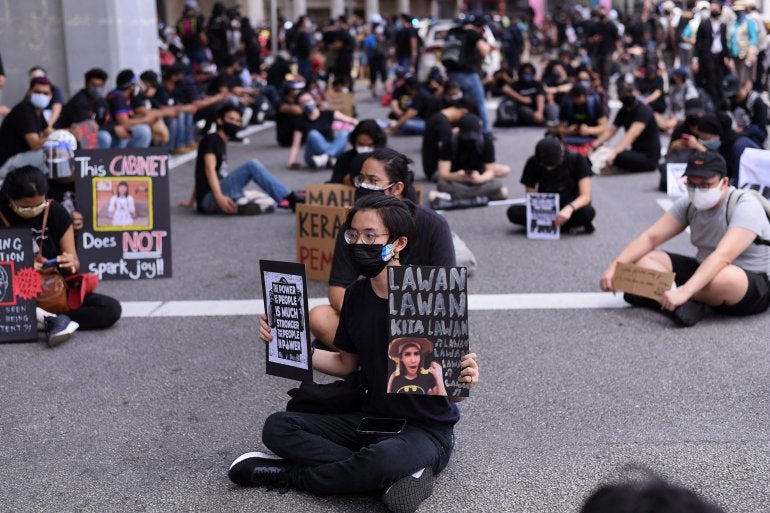
However, the Bar Council and civil society have strongly criticised the Act, saying that it can be used as a tool to crack down on the right to protest and freedom of expression.
Preparations: Things to do before-hand
Organisers are required to give a 10-day notice to the police. However, it is important to note that this notice is not merely asking for any sort of permission nor permit by the police.
It is only needed to be done as a formality of notifying and informing the officer in charge of the police district (OCPD) of an intended assembly. Under the Peaceful Assembly Act, the police have no authority to refuse the assembly, as reported by Global Bersih.
Under section 14(1), it is stated that the police are required to respond within 5 days after receiving the notice. The police are to then inform the organiser of the necessary SOPs, restrictions and conditions imposed under section 15 of the Act.
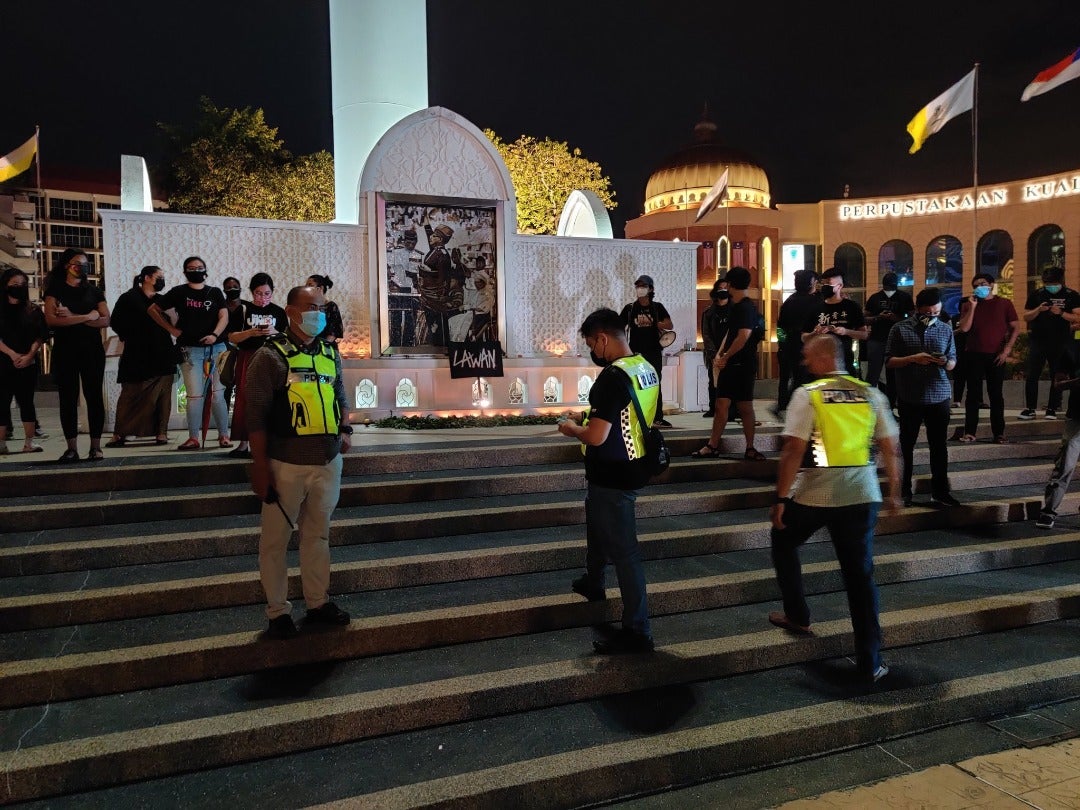
The conditions under section 15 of the Act are as follows:
- the date, time and duration of assembly
- the place of assembly
- the manner of the assembly
- the conduct of participants during the assembly
- the payment of clean-up costs arising out of the holding of the assembly
- any inherent environmental factor, cultural or religious sensitivity and historical significance of the place of assembly
- the concerns and objections of persons who have interests, or
- any other matters the Officer in Charge of a Police District deems necessary or expedient in relation to the assembly.
The assembly may go on as planned even if the police do not respond within 5 days.
Failure to comply with the restriction and conditions will result in a fine up to RM10,000.
The power of the police under the Peaceful Assembly Act
Do the police have any power? Yes, in a way they do.
Under section 20 of the act, the police have powers to arrest the organiser(s) and the participants of the assembly without a warrant.
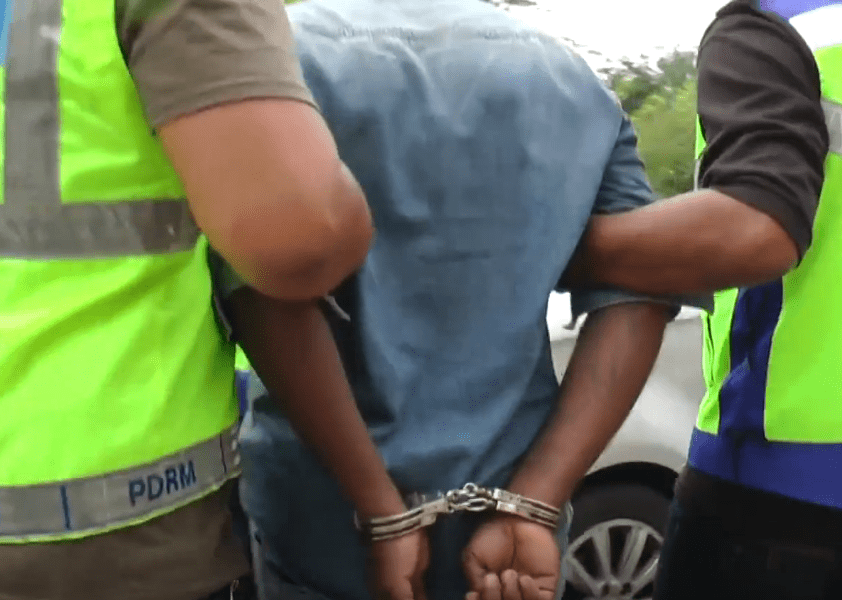
Section 20 states that a police officer may arrest if:
- who, during an assembly, refuses or fails to comply with any restrictions and conditions under section 15
- who, during an assembly, has in his possession any arms
- who recruits or brings a child to an assembly other than an assembly specified in the second schedule
Before making the arrest, section 20(c) requires that the police take necessary measures to ensure voluntary compliance by the organiser or participant.
Here’s what you can do if you get arrested
The first thing you should do is contact a lawyer or next-of-kin. It is the first order of business.
Always remember that the police have no such power to deny these rights or prevent you from contacting a family member or lawyer for 48 hours.
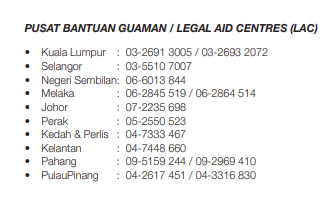
As suggested by Global Bersih, the best thing one could do if he or she do not have any lawyers to go to is to contact the closest Legal Aid Centre or Yayasan Bantuan Guaman Kebangsaan.
You can read more about your rights when being stopped or arrested by PDRM below.
Know your rights and protest peacefully!
Also Read: If You Are Stopped or Arrested By PDRM, These Are Your RIGHTS & You Should Know Them!
This post first appeared on WORLD OF BUZZ.
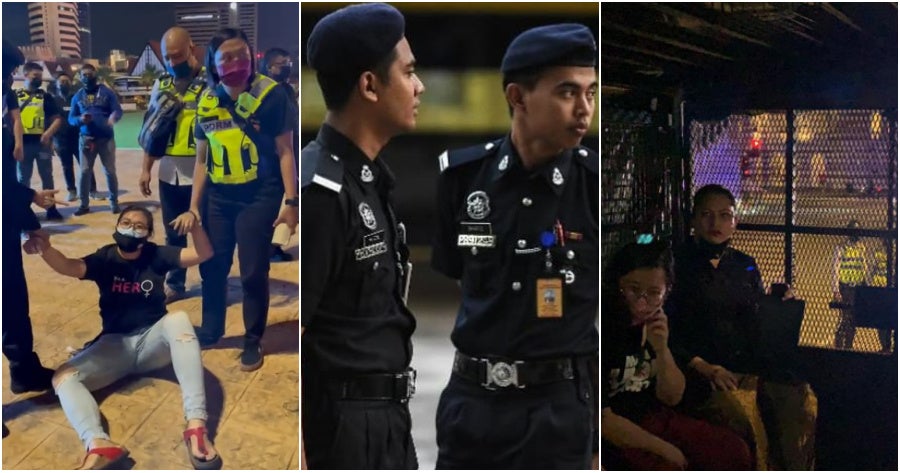
No comments:
Post a Comment